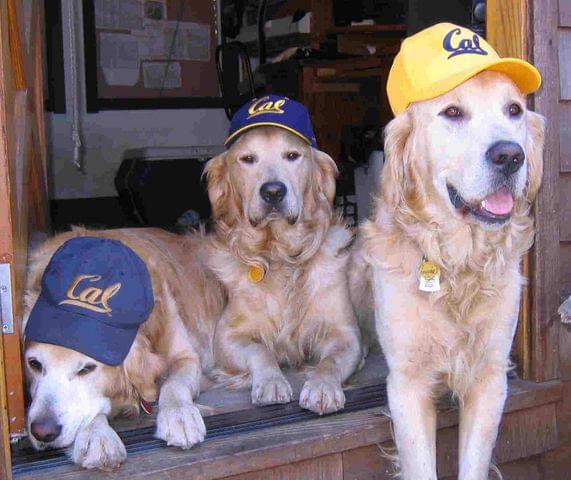

For instance, if they tell us they’re a little nervous we may smile at them more or offer more words of encouragement. When we interview someone, we feel we have some affinity with, our micro-affirmations play out a bit more than they usually would. It can really influence your ability to be a good and effective leader. Work life: It can affect your effectiveness on hiring, team performance management, nurturing/growing your employees, friends at work, diversity and inclusion, etc. :) Look around you can find many examples in your life. One personal experience I have is, my wife and my mother has lot of common traits! It became obvious to me much later. Personal life: It will affect, who you choose to build relation with or who you choose to ignore? How/who you collaborate/support? How/who do you favor? It can affect your effectiveness in different walks of life. We will discuss this as a technique for rapport building.Īny bias can make your views or perception of the world skewed and error prone.

We do this because it is easy to connect and build rapport with people who shares some common believes and values and most importantly they make us feel comfortable and safe. Do a quick check on your social circles or in our social medial connections, whom are you actively engaged with? Can you spot some potential examples there?Īt work, a person who has a perceived affinity with you will have advantageous over others. This unconscious bias will lead one to gravitate towards, someone graduated from your own school, think alike, share the same cultural context or from the same societal background, etc. I found subtle differences between the two, so I will cover that later. There is one more related bias called similarity bias. I would challenge decision-makers to dig deeper in their evaluations of entrepreneurs and employees.Affinity bias occurs when we see someone, we feel we have an affinity with maybe we attended the same college, we grew up in the same town, or they remind us of someone we know and like. For example, prior entrepreneurial experience is a proven predictor of success however, there are underlying demographics behind people who have had the means to start and run their own tech company. However, here are a few ways to actively fight this bias:ġ) Recognize that affinity bias is a thing - You can’t fight what you don’t see.Ģ) Dig deeper in people evaluation - Admittedly, in creating a ‘profile’ of an ideal entrepreneur, founding team, employee, some attributes do give a legitimate leg up in the startup world. And quite honestly, sometimes the line is difficult to see. With all biases, there is a fine line between sound judgment based on facts and unconscious bias. Succumbing to affinity bias ensures insular thinking, stifles creativity, limits possibilities, and contributes and compounds the inequities in the world. Without recognizing this bias and working to combat it, there is an imbalance in who gets funded, who gets hired, who earns entrepreneurial experience, and this imbalance compounds over time. The implications behind affinity bias are all around. We tend to interact with people who are similar to us because it is perceived as safe. You could spend months or even years unpacking why this bias exists, but at a high level, affinity bias stems from our evolutionary need for safety and security.

When deciding which companies and founders to take through the due diligence process, asking ourselves “Do they fit the ‘profile’?”.
#AFFINITY BIAS PROFESSIONAL#
This is not limited to demographics (although that can be a part of it), but also what professional experiences have they had, how they act, how they talk, where they grew up, what degrees they have

Subconsciously, this often means people that are most similar to the current team.


 0 kommentar(er)
0 kommentar(er)
